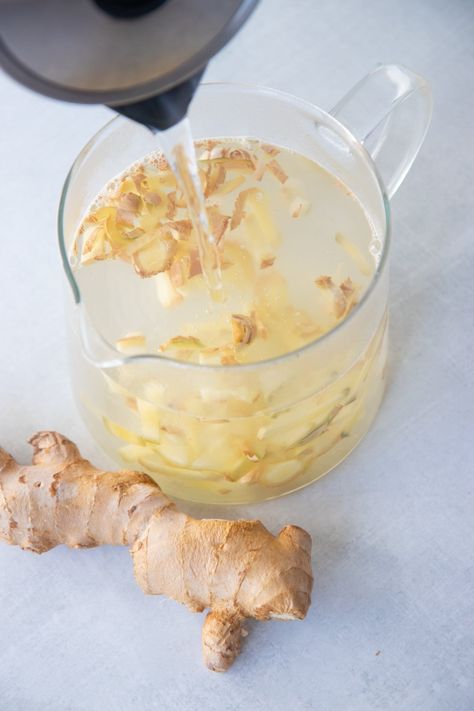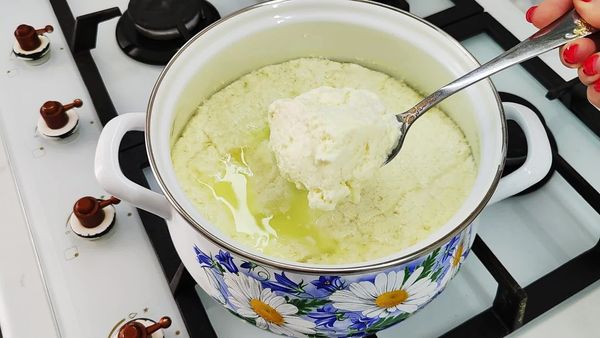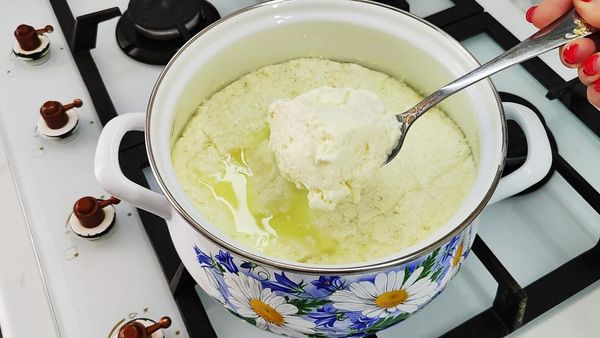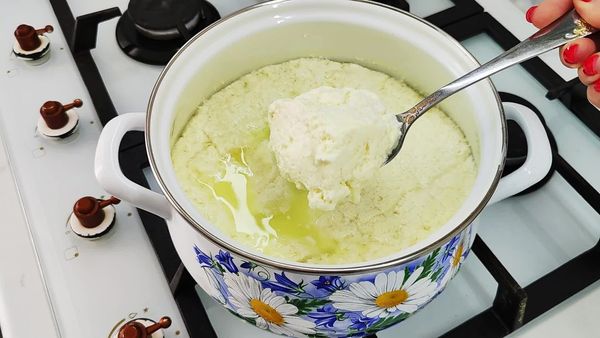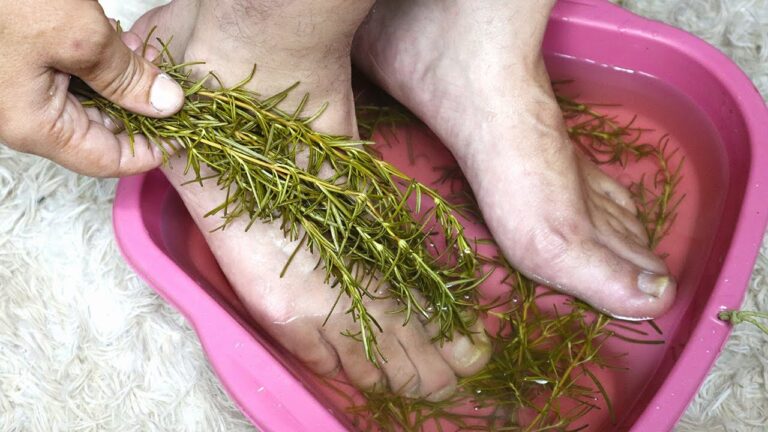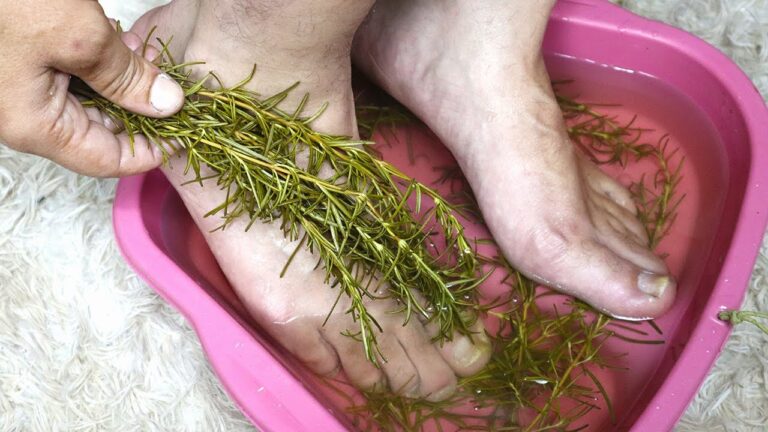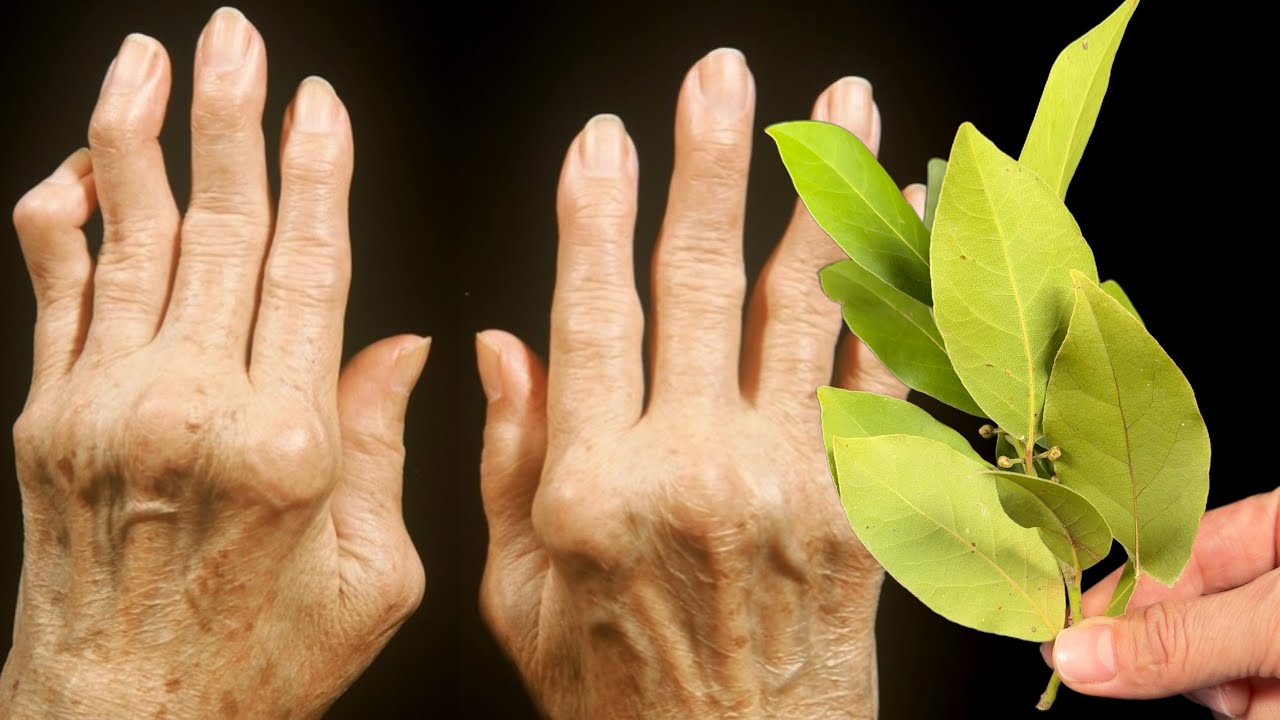Starting your day with garlic and ginger is one of the simplest and most effective ways to boost your overall health. These two natural ingredients are packed with nutrients and bioactive compounds that work synergistically to improve various aspects of your well-being. Here’s what happens when you eat garlic and ginger every morning:
1. Your Immune System Gets a Powerful Boost
- Garlic: Contains allicin, a compound with strong antibacterial, antiviral, and antifungal properties that help your body fight infections.
- Ginger: Rich in antioxidants and anti-inflammatory compounds, ginger enhances your body’s defense mechanisms.
Result: You’ll be more resistant to colds, flu, and other illnesses.
2. Your Heart Health Improves
- Garlic: Lowers cholesterol levels and regulates blood pressure, reducing the risk of heart disease.
- Ginger: Improves blood circulation and reduces inflammation in blood vessels, promoting better cardiovascular health.
Result: A healthier heart and improved blood flow.
3. You’ll Feel More Energized
- Both garlic and ginger are known for their ability to fight fatigue and improve energy levels. They help your body metabolize nutrients more efficiently, giving you sustained energy throughout the day.
Result: Increased stamina and reduced feelings of tiredness.
4. Your Digestion Gets a Boost
- Garlic: Promotes healthy gut bacteria and reduces bloating.
- Ginger: Stimulates digestive enzymes, helping break down food and reducing nausea.
Result: A happier gut and smoother digestion.
5. Inflammation in Your Body Reduces
- Both garlic and ginger are potent anti-inflammatory agents. Regular consumption can reduce inflammation, which is a root cause of many chronic diseases like arthritis and diabetes.
Result: Relief from joint pain and lower risk of inflammation-related conditions.
6. Your Weight Management Improves
- Garlic: Boosts metabolism and helps curb appetite.
- Ginger: Increases fat burning and reduces hunger cravings.
Result: Easier weight control and better fat metabolism.
7. Your Respiratory Health Strengthens
- Garlic and ginger work as natural decongestants, clearing mucus and soothing your respiratory system. They’re especially effective against colds, coughs, and asthma symptoms.
Result: Clearer breathing and a healthier respiratory system.
8. Your Body Detoxifies Naturally
- Garlic: Stimulates liver enzymes that remove toxins and heavy metals.
- Ginger: Helps flush out waste and toxins, promoting kidney and liver health.
Result: A cleaner, more efficient body.
How to Eat Garlic and Ginger in the Morning
- Raw and Fresh
- Crush or chop 1 clove of garlic and a small piece of ginger (1 inch) to release their active compounds.
- Swallow with a glass of warm water for maximum benefits.
- As a Tea
- Boil water and add crushed garlic and grated ginger. Let it steep for 5–10 minutes. Strain and drink warm. Add honey or lemon for taste if desired.
- Mixed Paste
- Blend garlic and ginger into a paste and consume 1 teaspoon in the morning.
Precautions
- Start Small: Garlic and ginger have strong flavors and effects. Begin with small amounts to see how your body reacts.
- Monitor Reactions: If you experience heartburn or discomfort, adjust the quantity or frequency.
- Avoid on Empty Stomach: If you have a sensitive stomach, consider eating them after a light meal.
Final Thoughts
Eating garlic and ginger every morning is a simple habit with profound health benefits. From boosting your immune system and improving digestion to supporting heart health and reducing inflammation, these natural ingredients can transform your health. Start incorporating them into your routine and experience the changes for yourself!

